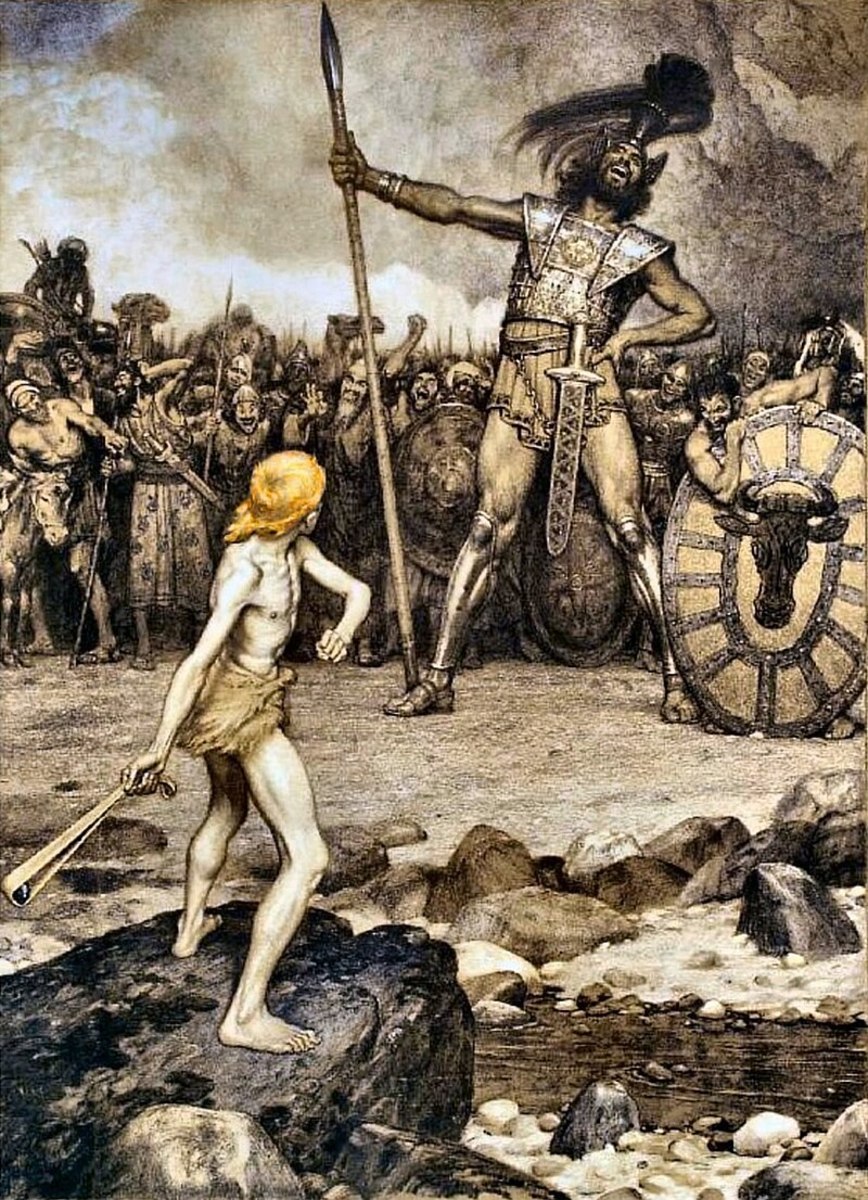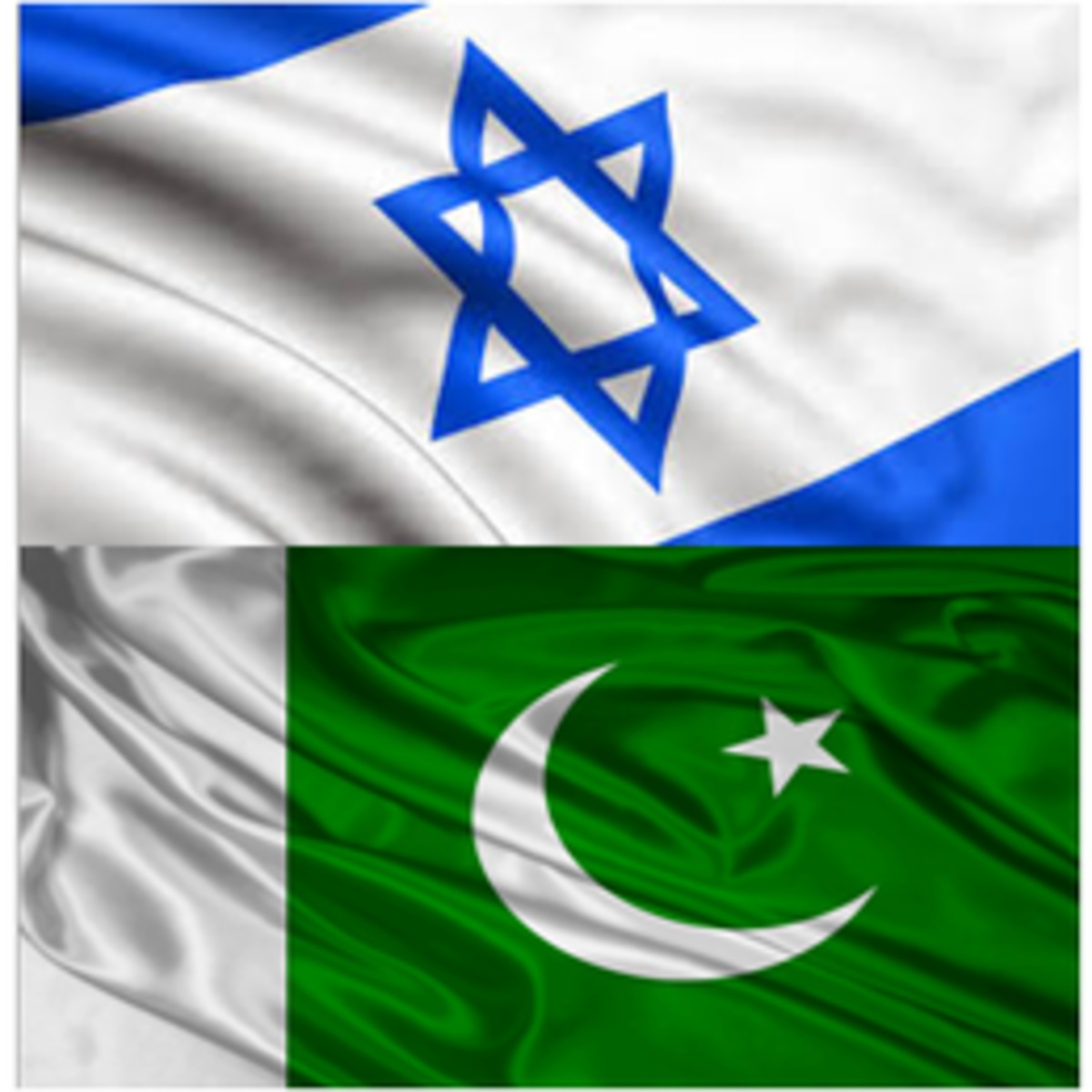Why Israeli Foreign Minister Is Seeking to Sign "Aggression" or "No Aggression" Agreements With Some Arab States

Press reports revealed in early October that Israeli Foreign Minister Yisrael Katz of the Likud party is seeking to sign "aggression" or "no aggression" agreements with some Gulf Arab states as a prelude to future peace agreements with them. "With the support of the Prime Minister, I have finally submitted a political initiative to sign non-aggression agreements with the Gulf Arab states," Katz tweeted. Katz discussed his initiative with unnamed Arab foreign ministers and former U.S. President Donald Trump's envoy, Jason Greenblatt, at the U.N. General Assembly in September.
Progress seems to have been made, leading to the arrival of an Israeli delegation in Washington earlier this month "to hold talks in the U.S. capital on the possibility of a non-aggression agreement between Israel and the Gulf states, noting that Washington is working with the Gulf states to achieve this". The terms of the agreement include "refraining from joining a coalition, organization, or alliance of a military or security nature, or funding or assisting it with a third party", and that "any dispute arising as a result of the agreement will be resolved through consultations". Katz announced on Israeli army radio that the Israeli delegation consisted of representatives from the Ministry of Foreign Affairs and the Ministry of Justice, as well as representatives of the National Security Council and the military. In line with this, the news site Axios reported that the administration's deputy national security adviser, Victoria Coates, held talks with four Arab ambassadors from Morocco, Oman, Bahrain, and the United Arab Emirates about signing non-aggression agreements with Israel. Meanwhile, since last September, Israel's Government of Benjamin Netanyahu has been seeking a "joint defense treaty" with the United States, despite opposition from senior Israeli military officials, to deter those Israel's aggressors from dareto respond and defend themselves against its continued aggression.

It is worth noting that Katz himself, like the Netanyahu-led government, is no stranger to aggression. The Israeli minister had served in the army as a soldier and officer, as did most senior Israeli officials. His hatred of the Palestinians was so violent and aggressive that he was dismissed for a year by the anti-Palestinian Hebrew University in March 1981, as a result of violence committed on campus targeting Palestinians. Katz is one of the main supporters of Jewish settler settlements in the West Bank and The Golan Heights, and has been raising funds to support them, and, along with Netanyahu, opposed Ariel Sharon's plan to "redeploy" the Gaza Strip in 2005, as a result of its negative effects on Israeli Jewish settlement plans. He is a supporter of the full annexation of the West Bank and has called for the "elimination" or "elimination" of the leaders of the boycott, divestment and peaceful sanctions movement, in a process called "targeted civilian elimination".
It is no accident that the language and concept of "non-aggression agreements", which Israel and the United States are trying to conclude, are borrowed from the "non-aggression agreements", which were dominant in the first half of the 20th century. "Non-aggression agreements" emerged between two or more countries in the aftermath of World War I, culminating in Europe in the 1930s. It has become rare since World War II, with states choosing broader alliances in larger bodies such as NATO or the Warsaw Pact. Analysts and political scientists generally consider "non-aggression agreements", unlike formal alliances, to historically lead to aggression by the stronger party to the treaty against the weaker parties. One of the most famous of these agreements was the Munich Convention of 1938 between Germany, Britain, France and Italy, which worked mainly, as the Soviet Union rightly realized at the time, as an anti-Soviet alliance, among the same capitalist powers that invaded revolutionary Russia in 1918, and launched a hand Hitler eventually invaded the Soviet Union. The Munich Convention was signed in September 1938, with the immediate result being to allow Hitler to annex the province of Sudetenland in western Czechoslovakia, on the grounds that the province had a majority of a population of three million Germans, under which the military confrontation between Germany on the one hand and France and Britain on the other was avoided. Czechoslovakia, which relied on French military assistance (as it had an alliance and treaty with France), had no choice but to bow and agree to Hitler's annexation of its territory. The Soviets (who in turn had an agreement to provide military assistance to Czechoslovakia in the event of foreign aggression) against the French and The British suggested their willingness to defend Czechoslovakia militarily against German aggression, but the capitalist states ignored the Soviet offer and signed the agreement with Hitler excluding the Soviets. In the end, the Convention did not deter Hitler, who, a few months after its signing, in March 1939, invaded and occupied the rest of Czechoslovakia.
In the light of the signing of the Munich Agreement and the growing concern that the Japanese would surround them from the East and the Germans from the West, the Soviets, in turn, chose to sign a "non-aggression agreement" with Hitler in August 1939, officially signed by the foreign ministers of the two countries: Vyacheslav Molotov and Y vonwakim Ribbentrop. Ribbentrop was the main German politician who was convicted in the Nuremberg trials of responsibility for the start of World War II, including the invasion of Czechoslovakia and Poland. He also supported sending Jews to death camps. He was sentenced to death at the Nuremberg trials and was executed in 1946. But the West's denunciation of the German-Soviet agreement later ignored the fact that it was the western breakaway agreement with Hitler the previous year that forced Stalin to sign it. The Soviets, who were well aware of their Nazi hostility and Western collusion with Hitler, hoped to delay the German invasion for as long as possible by signing the convention. The Convention was annulled in June 1941, following the German invasion of the Soviet Union.
Since Israel, as the main regional aggressor and the dominant force in the entire Middle East region (although, of course, the Americans are the great aggressors, and the Saudis are complementary aggressors), since 1948, it has invaded and invaded most of the region several times — Egypt, Jordan, Syria, and Lebanon. Iraq, Tunisia, Libya, and Sudan – They helped suppress popular revolts in Yemen, Algeria, Oman in the 1960s and 1970s, and security operations in Morocco and the United Arab Emirates, the strongest party to these potential regional non-aggression agreements.
This Israeli behavior does not deviate from the record of non-aggression agreements, ceasefire agreements, or even peace treaties. For example, Israel exploited the 1978 peace agreement it signed with Egypt so that its forces could invade Lebanon in the same year and invade it again in 1982, without worrying about the Egyptian army standing by its eye. The peace agreements between Israel, the PLO and Jordan in 1993 and 1994 facilitated the threefold expansion of settler settlements in the occupied territories in 1967, including in East Jerusalem and the Golan Heights (formerly annexed by Israel), and across the West Bank. The West, not to mention the vast areas of the West Bank that it is currently seeking to annex, has also led to a complete blockade of the Gaza Strip. Moreover, Israel has violated all ceasefire agreements it has signed with Arab states and the PLO since 1949, without exception.
Here we can compare specific Israeli practices with Nazi Germany, including territorial expansion, annexation of the occupied territories, incitement to regional wars, racist institutions and laws, aggression against its neighbors, and national myths to rebuild an ancient kingdom (and build the Temple). The third. But, nevertheless, Israel is not Nazi Germany. Unlike the latter, Israel is not a global power but a regional power, and unlike Germany, it has not committed genocide but mass expulsion, which means that its ethnic cleansing of hundreds of thousands of Palestinians and Syrians and killing tens of thousands of people over the past seven decades is War crimes and crimes against humanity.
Progress was made leading to the arrival of an Israeli delegation in Washington earlier this month for talks in the U.S. capital
In fact, Israel is not the only regional power in the post-World War II world whose racist policies resemble those that existed in the world in the 1930s. The apartheid regime in South Africa, like Israel, was also based on racist laws and institutions and regional expansion. He regularly attacked his neighbors, although, like Israel, unlike Germany, he had not committed genocide against the population despite his policies of ethnic cleansing and the policies of killing civilians. Like Israel, the apartheid regime in South Africa pressured the Revolutionary Government of Mozambique to sign a non-aggression agreement with it in 1984, which was the latest to be relented by the continued bombing of Mozambique and the destruction of South Africa, not to mention South Africa's sponsorship of the militias, Renamo is a terrorist who was trying to undermine the revolution in Mozambique. In return, Mozambique pledged not to allow bases on its territory belonging to the African National Congress (ANC), which was fighting against apartheid at the time to liberate South Africa. Following the neutralization of Mozambique through the Convention, South Africa continued to violate the Convention, through numerous non-stop military incursions into Mozambique.
If the historical precedents of non-aggression agreements are indicative, and Israeli peace agreements with Arab states and the PLO have taught us something, it is that the planned non-aggression agreements with the Gulf and Moroccan regimes are a prelude to a new Israeli aggression, not just against their goal. President Iran, the common and declared enemy, but also against Lebanon, Syria, Iraq and the Palestinians. The irony here is that Israel's very aggressive Katz and the Netanyahu government are seeking to conclude it. The forthcoming agreements will not only serve Israeli attacks, but will primarily serve those attacks by the United States, which, while neutralizing even the protocol political opposition of the signatories, can move forward with the Israelis to invade Iran and expand its presence. military across the Arabian Peninsula. Moreover, the ongoing Israeli and U.S. incursions into Syria and Iraq (the latest Israeli bombing a few months ago) and Israeli attacks on Lebanon could lead to all-out Israeli incursions to serve their own interests and those of the U.S. sponsor. More importantly for the Israelis, these agreements will facilitate their final annexation of the West Bank and end all previous deals with the cooperating Palestinian Authority, without Arab signatories even muttering, let alone objecting.
British Prime Minister Neville Chamberlain described the Munich Agreement he signed with Hitler as leading to an "honourable peace. I think it is the peace of our time." Winston Churchill opposed him, was more aggressive than Chamberlain, and declared that what was offered to England by the Germans was a choice between "war and shame". If the Gulf and Moroccan regimes are going to honor and sign such agreements with the aggressive Zionist colony, what they will sign is not a choice between "war and shame", but war and shame themselves.
This content is accurate and true to the best of the author’s knowledge and is not meant to substitute for formal and individualized advice from a qualified professional.
© 2019 Hafiz Muhammad Adnan








